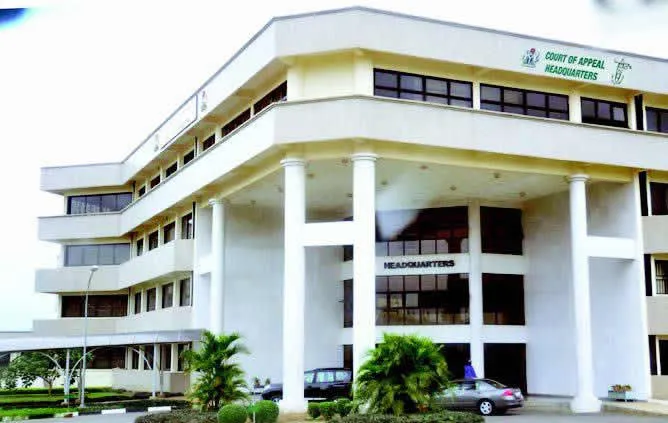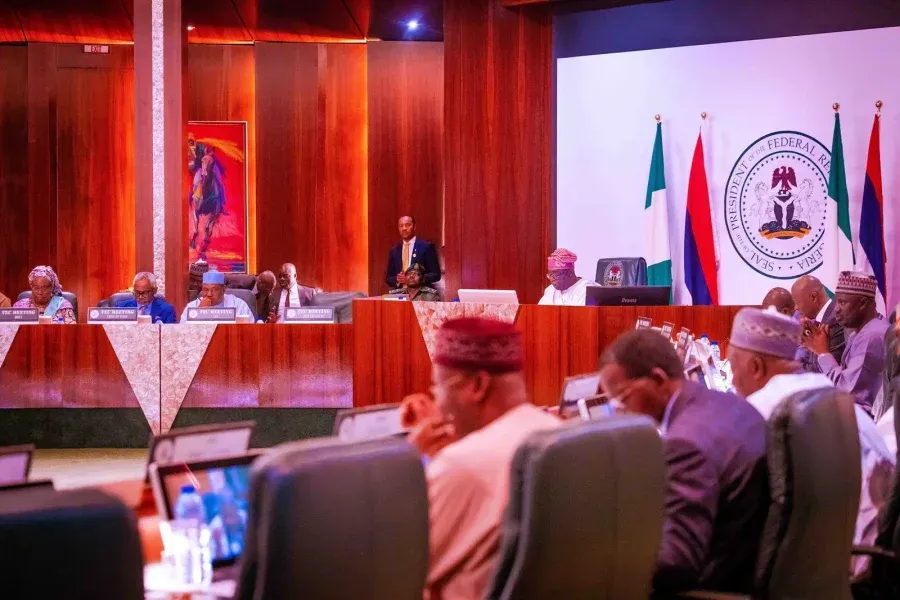The Federal Government has unveiled plans to introduce legislation aimed at streamlining the judicial process in Nigeria, with a focus on reducing the workload of the Supreme Court. This initiative, announced by the Attorney-General of the Federation and Minister of Justice, Lateef Fagbemi (SAN), seeks to ensure that most cases in the country are concluded at the Court of Appeal, except for specific matters such as state legislative and National Assembly election petitions.
Addressing journalists in Abuja, Fagbemi highlighted the draft legislation as part of broader efforts to address challenges facing the judiciary. These challenges include the judicial appointment process, funding, budgeting, and the time spent on case adjudication. The proposed legislation will be central to discussions at the National Summit on Justice, scheduled for April 24 and 25, 2024, in collaboration with the Nigerian Bar Association and the National Judicial Council.
Fagbemi emphasized the need for collective action to enhance the efficiency, fairness, and people-centred delivery of justice in Nigeria. He outlined the objectives of the summit, including the review and adoption of the revised National Policy on Justice from 2024 to 2028. This policy aims to drive prison reforms, improve access to justice, and reform electoral laws to handle election-related cases more effectively.
The proposed legislation, according to Fagbemi, will contribute to achieving a people-centred justice system by reducing delays, inefficiencies, and technicalities in the judicial process. By shifting the resolution of many cases to the Court of Appeal, the burden on Supreme Court justices will be alleviated, enhancing the overall efficiency of the judicial system.
Furthermore, the summit will feature a keynote address by Dr. Willy Mutunga, EGH, former Chief Justice of Kenya, renowned for his commitment to democratic principles and human rights. His insights are expected to enrich discussions on judicial reform and access to justice in Nigeria.





